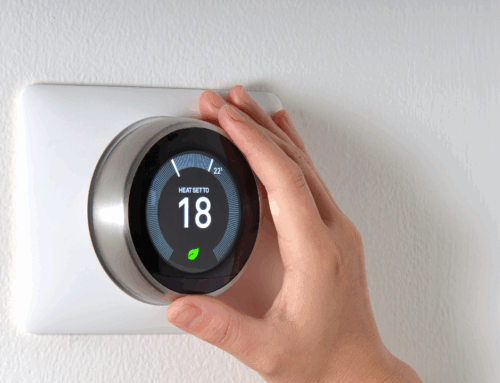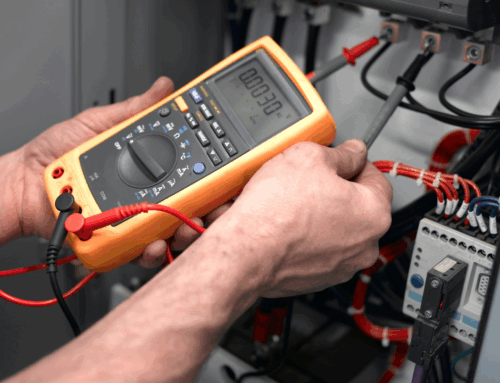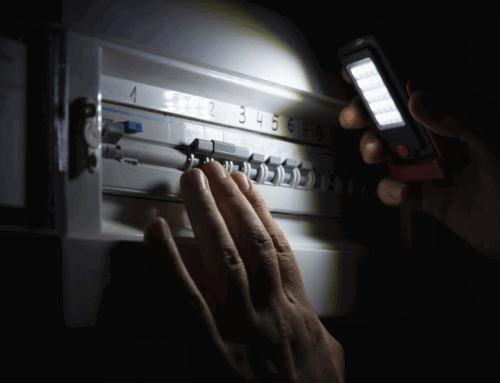An electrical outage can cause significant disruption to any business, leading to lost productivity, dissatisfied customers, and potential financial losses. For commercial operations, where time is money, quick recovery is essential. Preparing for and managing electrical outages effectively can help minimise downtime and keep your business running smoothly. Here’s how you can achieve that.
1. Develop a Contingency Plan
Having a comprehensive contingency plan in place is the first step in minimising downtime. This plan should include details on how to respond to an electrical outage, contact information for your electrician, and instructions for safely shutting down equipment to prevent damage. Share this plan with all employees and conduct regular training to ensure everyone knows their role in the event of an outage.
2. Invest in Backup Power Solutions
Backup power systems, such as uninterruptible power supplies (UPS) and generators, are essential for businesses that rely on constant power. A UPS provides temporary power to critical devices, such as servers and communication equipment, preventing data loss and maintaining connectivity during short outages. For longer interruptions, a generator can keep essential operations running until the main supply is restored.
3. Regular Electrical Maintenance
Preventative maintenance is one of the most effective ways to minimise the impact of outages. Regular inspections of your electrical system can identify potential issues before they escalate into major problems. For example, an electrician can check for signs of wear and tear, faulty wiring, or overloaded circuits, reducing the likelihood of unexpected outages.
4. Monitor Your Electrical System
Installing an advanced monitoring system can give you real-time insights into the performance of your electrical infrastructure. These systems can detect anomalies, such as voltage fluctuations or overheating, and send alerts to warn of potential failures. Early detection allows you to address problems quickly, reducing downtime and avoiding costly repairs.
5. Keep Emergency Supplies on Hand
Emergency supplies can make a significant difference during an electrical outage. Stock up on essentials such as battery-operated lights, portable chargers, and power strips. Having these items readily available ensures employees can stay safe and productive while waiting for power to be restored.
6. Streamline Communication During Outages
Effective communication is vital during an outage. Assign a designated team or individual to coordinate responses and keep everyone informed. Ensure employees know how to contact key personnel, such as your electrician or facilities manager, and establish a process for updating clients or customers about the situation.
7. Prioritise Critical Systems
Identify which systems and equipment are most critical to your operations and prioritise their restoration. For example, point-of-sale systems, security cameras, or refrigeration units may take precedence over non-essential lighting or office equipment. Having a clear understanding of these priorities will help you allocate resources efficiently during an outage.
8. Work With a Trusted Electrical Professional
Partnering with a reliable electrician is key to minimising downtime. Choose a professional with experience in commercial systems who can provide routine maintenance, emergency support, and recommendations for improvements. Having an established relationship with an electrician means faster response times when you need them most.
9. Review Your Insurance Policy
Ensure your business insurance covers losses related to electrical outages. While prevention is always the best approach, insurance can help mitigate financial impacts if an outage causes unexpected downtime or equipment damage.
10. Learn From Past Incidents
After an outage, review what went wrong and identify areas for improvement. Conduct a post-incident analysis to determine whether your contingency plan worked effectively and make adjustments as needed. Learning from past experiences can help you respond more efficiently to future outages.
Minimising downtime after an electrical outage requires preparation, quick action, and reliable support. By investing in preventative measures, maintaining your systems, and working with professionals, you can ensure your business recovers swiftly and efficiently. A proactive approach not only reduces the impact of outages but also safeguards your operations against future disruptions.







Leave A Comment